Overview
Since 2005, the Rehabilitation Environmental Action Plan has strived to clean up West Virginia and rid the state of unsightly litter.
The REAP program harbors all of the state cleanup programs within the West Virginia Department of Environmental Protection. REAP is a powerful force in
the campaign against illegal dumping and littering.
The program derives its authority from the A. James Manchin Rehabilitation Environmental Action Plan, pursuant to
WV State Code §22-15A.
Get Involved
Help make West Virginia the cleanest state in the nation. For more information or to volunteer call: 1-800-322-5530
$45,000 Awarded in FY2026 for CED Recycling Grants
The West Virginia Department of Environmental Protection (WVDEP), under its Rehabilitation Environmental Action Plan (REAP), has approved nine applicants
for Fiscal Year 2026 Covered Electronic Devices (CED) Recycling Grants. A total of $45,000 has been awarded to counties and municipalities across
the state to support electronic waste collection and recycling programs.
2025 Kanawha River Cleanup
The traditional format of the Kanawha River Cleanup has changed. This year, participating groups can conduct a cleanup on any public
or private (with prior approval) banks of the Kanawha River in Mason, Putnam, Kanawha, or Fayette Counties during the months of
September and October.
- When: September 1 through October 31, 2025
2026 Order Roadsides in Bloom Calendar
Use this form to request a free Roadsides in Bloom calendar. Calendars are available in limited quantities, and we must give preference to West Virginia residents. Please call 1-800-322-5530 if you have any questions.
Free Day at the Landfill
Most public landfills in West Virginia will offer days where residents can bring their rubbish without having to pay tipping fees. Check with your local Solid Waste Authority for more information.
REAP focuses on cleanup efforts from both program staff and volunteers statewide. In a unique partnership, the program empowers citizens to take ownership of their communities by providing technical, financial, and resource assistance in cleanup efforts.
Adopt a Highway
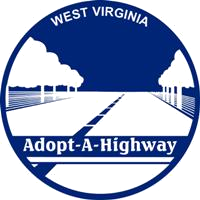
The Adopt-A-Highway Program is co-sponsored by the Division of Highways and the Department of Environmental Protection. It was established in the late 1980s to improve the quality of our
environment by encouraging public involvement in the elimination of highway litter.
The program offers volunteers the opportunity to take charge of their environment
by making a positive effort to create a cleaner, more aesthetic place in which to live.
Adopt a Stream

The Adopt-A-Stream Program is sponsored by the Department of Environmental Protection. It was established in 2023 and is housed in the DEP’s REAP Program. The program’s goal is to improve the quality
of our environment by encouraging public involvement in the elimination of stream litter. Its objective is to save taxpayers money by increasing public awareness and to serve as an educational tool by
focusing on the consequences which result when stream littering is allowed to continue unchecked. The program offers volunteers the opportunity to take charge of their environment by making a positive
effort to create a cleaner, more aesthetic place in which to live.
Covered Electronic Devices
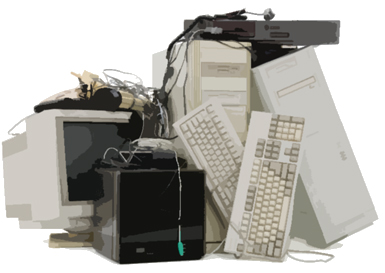
Manufacturer and Retailer Compliance Information
Senate Bill 746, which became effective June 6, 2008, requires each manufacturer wishing to sell or lease covered electronic devices to register with the West Virginia Department of
Environmental Protection no later than the first day of January, 2009 and each year thereafter. The purpse is to establish a registration process for manufacturers of covered electronic devices to
determine if manufacturers have adopted or implemented a takeback/recycling program for their products that is free to the public.
Grant Opportunities

The Recycling section was established in 1989 to ensure compliance with the West Virginia Natural Resources Laws (Chapter 20, Article 11) before moving to the REAP program.
This section is responsible for administering the following programs which have been developed and implemented to meet our goals. We also provide support in the following areas:
public education programs and recycling market development.
Eligible parties may view and apply for REAP grants through the wvOASIS Vendor Self Service (VSS) system.
Online Reporting for Recycling Establishments

The West Virginia Department of Environmental Protection (DEP) has launched a new online reporting tool to facilitate compliance with House Bill 5006
passed during the 2024 legislative session. This legislation aims to enhance the state's recycling objectives and improve data collection for evaluating
West Virginia's recycling rate. These reports are Due March 1 of each year.
Pollution Prevention and Open Dump Program
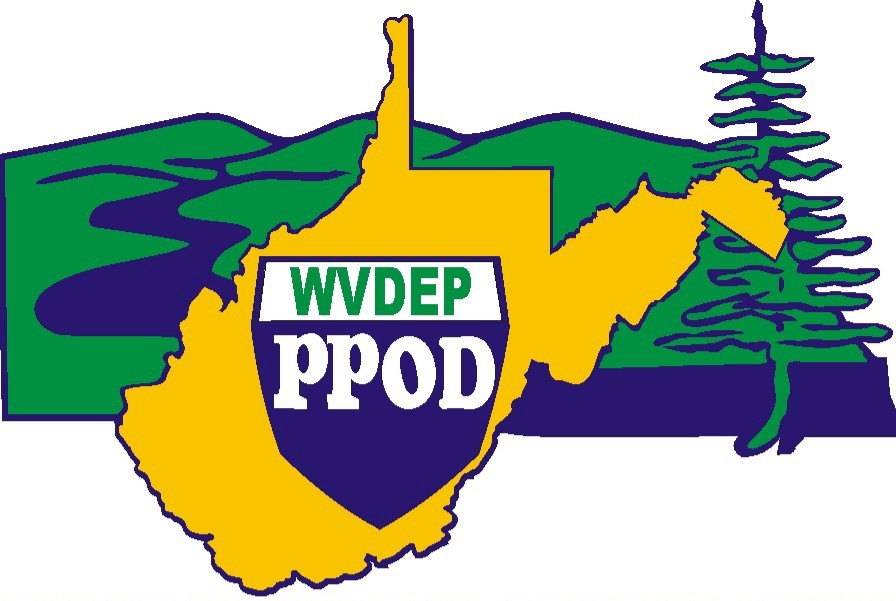
The Open Dump Cleanup Program uses landfill fees to clean up illegal dumps and to gather evidence to prosecute illegal dumping activity.
Recycling and Waste Reduction

Tracking of national municipal solid waste (MSW) generation rates began in 1960. At that time, the average rate was 2.7 lbs. per person per day. The national MSW per capita rate has been steadily increasing over the past decade. In 2010, our per capita MSW rate stood at 3.94. Our most recent data from 2020 shows that this number has increased to 4.73 lbs. per person per day.
Tire Collection Events
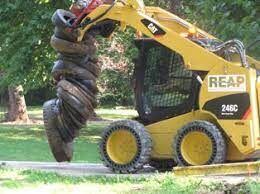
Each year, REAP's PPOD Program conducts tire collection events across the state. Atleast one collection event is held in each county. During these events,
individuals with proof of WV residency can dispose of ten tires in a safe way. PPOD is also responsible for the removal of tires piles located across the state.
WV Make It Shine Program
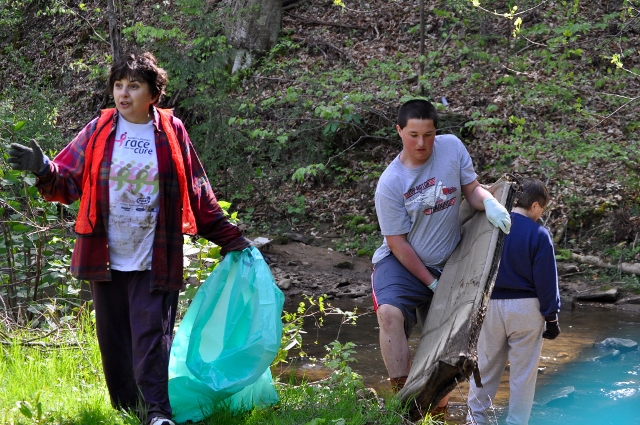
The WV Make It Shine Program is a comprehensive program aimed at making WV the cleanest state in the nation. Throughout the state, groups of volunteers,
businesses, community organizations, and local governments are working to accomplish this goal. It is the responsibility of the WV Make It Shine Program
to coordinate the effort of these people to make our state shine.